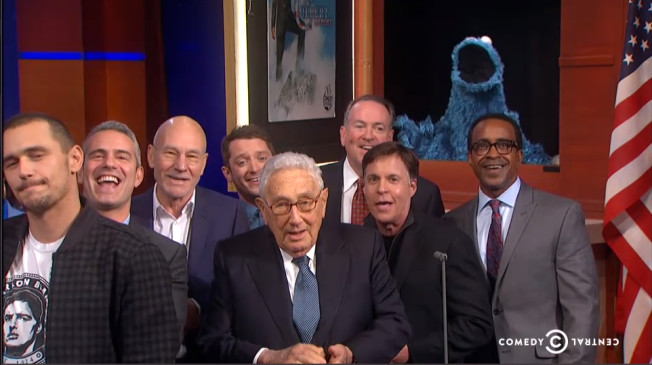Don’t you think if Isaac Asimov was still with us he would be busting his buttons to see his Foundation Trilogy introduced by Paul Krugman, the Nobel Prize-winning economist and New York Times Op-Ed columnist?
Paul Krugman’s proud, too, being a fan of the series. He told an interviewer from the Boston Globe, “I was really inspired by the psychohistorians, who used statistics and social sciences to predict the future. I knew it was fiction, but what really struck me is the notion that the science of what people do could be important. I wanted to be one of those guys.”
Krugman’s introduction is available here, written with his characteristic blend of wisdom and hubris.
Now that I’m a social scientist myself, or at least as close to being one as we manage to get in these early days of human civilization, what do I think of Asimov’s belief that we can, indeed, conquer that final frontier—that we can develop a social science that gives its acolytes a unique ability to understand and perhaps shape human destiny? Well, on good days I do feel as if we’re making progress in that direction. And as an economist I’ve been having a fair number of such good days lately.
Krugman follows with a self-congratulatory example, then concludes:
So yes, it’s possible to have social science with the power to predict events and, maybe, to lead to a better future.
But he does not go so far as to claim he could have predicted The Mule.
And he does make this valuable comment about Asimov’s chosen stopping point:
We never get to see the promised Second Empire, which may be just as well, because it probably wouldn’t be very likeable. Clearly, it’s not going to be a democracy—it’s going to be a mathematicized version of Plato’s Republic, in which the Guardians derive their virtue from the axioms of psychohistory.
After all, Hari Seldon’s objective – hastening the Second Empire– is a shortcut out of the dark ages, not a utopian vision.

